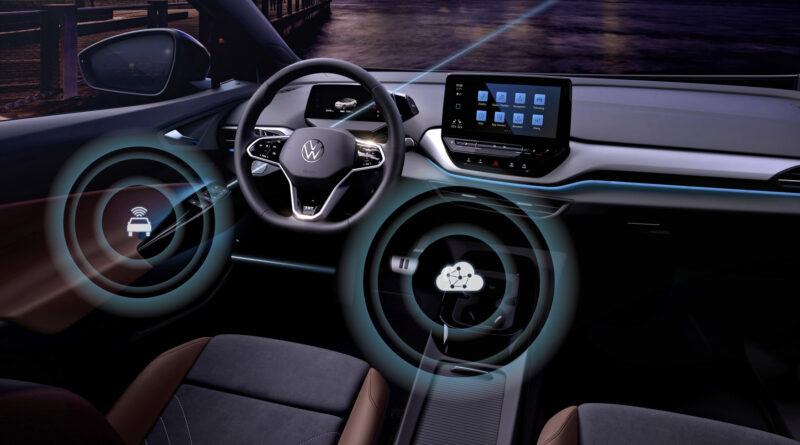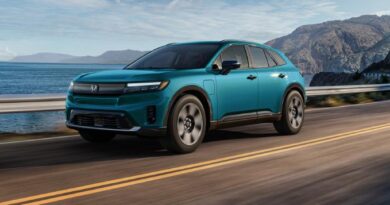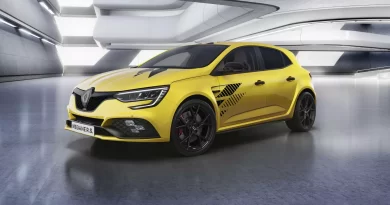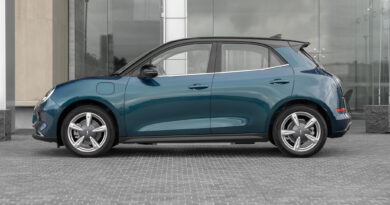Feature subscriptions and OTA updates for Volkswagens
Volkswagen will soon start offering subscriptions for features – overseas at least – in an effort to simplify manufacturing and introduce a new revenue stream after the purchase of the car.
The news comes as Volkswagen confirmed it will start phasing in over the air (OTA) software updates across its range, starting with the ID.3 and ID.4 electric models.
Referring to the upcoming subscription service as “business model 2.0” that comes in under a strategy called Accelerate, Volkswagen has indicated customers will soon be able to decide after purchasing the car which features they want to add – presumably at an additional cost.
“In the future, customers will no longer need to decide on functions for their car when purchasing the car – or which configuration will make for a higher resale value,” Volkswagen said in a media release overnight. “This is because the hardware will be standardised to a great extent. In the future, additional functions and innovative technology can be added later via software updates.”
It means Volkswagen has become the first mainstream brand to offer subscriptions to features.
While there are no details yet of what customers might be able to subscribe to, it could logically include some driver assistance features (such as active cruise control or lane departure warning) as well as things such as heated seats and additional infotainment features, including games.
In theory it means owners may be able to trial a certain feature or only activate it at certain times of the year.
It also means Volkswagen can simplify production, sending the same basic hardware down the production line with the view to making money on it after the car has been sold.
Porsche already offers subscriptions to features overseas and is looking to eventually offer them in Australia (the higher local specification on cars such as the Taycan means those features that customers pay extra for overseas are already included in Australia).
BMW tried charging for Apple CarPlay smartphone connectivity but had to back down and throw it in for free after a customer backlash.
And Audi has teased the idea of charging for subscriptions to features.
Arguably the most successful at charging for features after the car has left the dealership is Tesla.
The EV pioneer charges owners $9.99 per month for “premium connectivity”, which includes music streaming, internet browsing, live traffic, video streaming and satellite view for the navigation.
And Tesla includes some of the hardware for some “premium” features in all versions of the Model 3 (some of the speakers for the premium audio system are already in the car, for example).
Volkswagen’s proposed features-on-demand functionality looks set to come to the EV range first, including the ID.3 and ID.4.
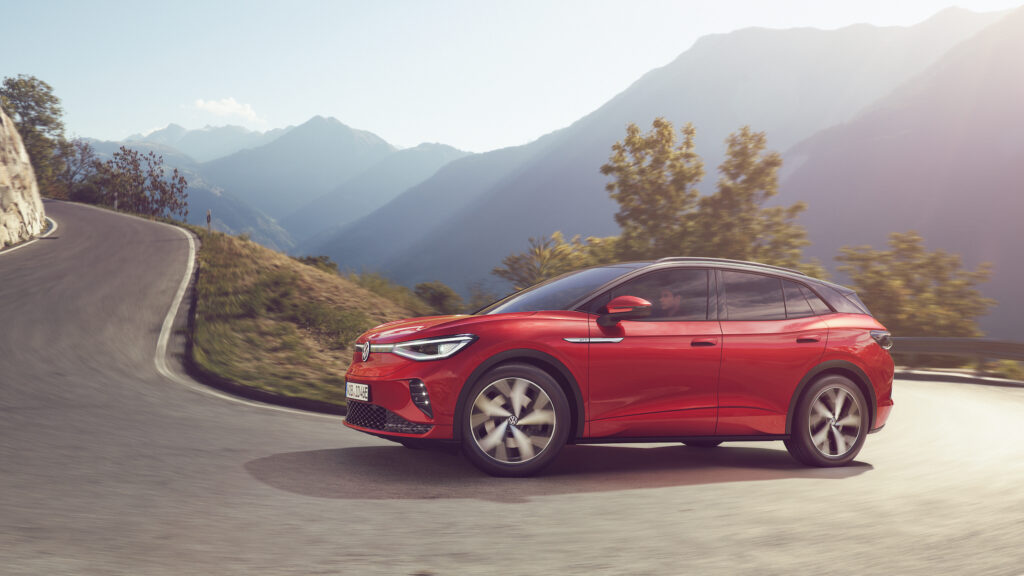
Volkswagen has announced the ID.3 hatchback will become the first Volkswagen to receive over the air (OTA) software updates, starting next month. It will be followed by the ID.4 SUV and sportier ID.4 GTX.
The company is also offering people the chance to join the “First Movers Club” for earlier access to the software, although it’s not detailed as to how you join that “club” or whether the software will be any different to the version delivered to the masses later.
“Cars that always have the latest software on board and offer an excellent digital customer experience are extremely important for the future success of the Volkswagen brand,” said Thomas Ulbrich, member of the Board of Management for Development at Volkswagen.
Volkswagen also says the OTA updates allow it to “react flexibly to customer requirements”, which presumably allows the company to make changes to functionality or displays if owners have issues.
“This means the ID. models remain constantly up to date after delivery, and customer cars retain their value better.”
No word yet on when Volkswagen will offer subscriptions or OTA updates in Australia, although it won’t be happening in the short to medium term.
A Volkswagen Australia spokesperson told EV Central that the focus now was on securing more vehicles to meet the current demand, which is currently very strong.

